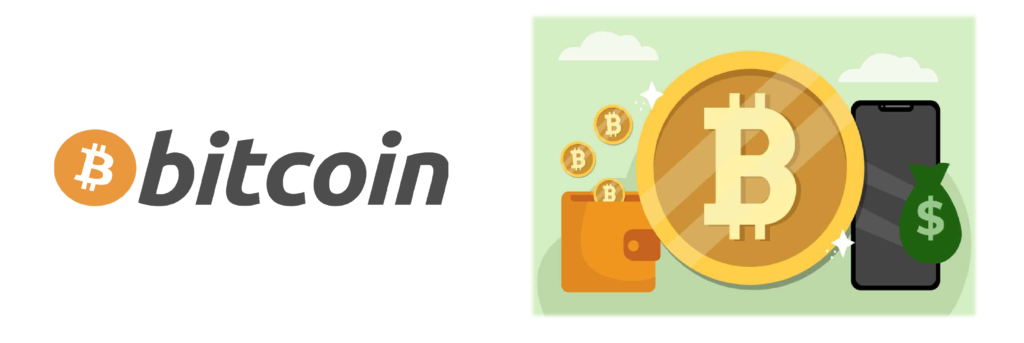People without access to banking institutions or those who distrust their leaders can utilize Bitcoin without fearing censorship or confiscation. Crucially, it’s decentralization liberates users from relying on local institutions and governments for financial transactions. As a result, Bitcoin becomes an exceptional financial tool, particularly for individuals in less developed or authoritarian financial environments. The tamper-proof nature arises from the absence of a central authority like the Federal Reserve dictating its operations. Wallet holders of this currency experience the advantages and responsibilities of self-custody and censorship resistance. These attributes have the potential to grant millions of people access to capital that is resistant to inflation or seizure. The benefits extend beyond its borderless and decentralized nature. In fact, there are several other potential advantages to consider.
Benefits of Bitcoin
Universal Access
Firstly, universal access allows anyone with a mobile phone and internet connection to participate in the Bitcoin economy. This empowerment is particularly significant for individuals in countries with unreliable governments or emerging banking infrastructures.
Absence of a Central Authority
Additionally, the absence of a central authority makes it challenging for institutions to censor Bitcoin transactions, offering users unparalleled freedom in their fund transfers.
Self-custody
Moreover, self-custody provides individuals with full ownership of their currency by controlling their private keys. This eliminates the risk associated with relying on unknown authorities.
Pseudonymity
Furthermore, holders enjoy a certain level of pseudonymity when engaging with Bitcoin-related services such as lending, trading, or borrowing in Web3. Decentralized crypto exchanges (DEXs) and lending platforms do not require credit checks or identification, making it difficult to determine the identities of token holders unless the associated address is known.
Transparency
In terms of transparency, it records transactions on an immutable and public ledger, providing a transparent record of all activities. Additionally, the open-source code of the Bitcoin project instills confidence in Bitcoin holders, ensuring ease of interaction with their assets.
Rigidity
Lastly, its rigidity, enforced by its code, resists external modifications unless the Bitcoin project’s developers reach a consensus to alter the protocol. This stability further reinforces the reliability of Bitcoin assets held by token holders.
How does Bitcoin work?
It operates on a distributed digital ledger known as a blockchain. The blockchain connects blocks, each containing detailed information about transactions. This information includes timestamps, total value, buyer and seller details, and unique identification codes for each exchange. Miners verify and add blocks to the blockchain in chronological order, creating a continuous chain of digital records.
Once a block is added to the blockchain, it becomes accessible to anyone. It serves as a public ledger of cryptocurrency transactions. Moreover, the blockchain is decentralized, meaning no single organization controls it. The blockchain can be compared to a collaborative Google Doc. Anyone with a link can contribute to it. As a result, updates are made for all users.
Although the ability to edit the blockchain raises concerns, this feature ensures the trustworthiness and security of Bitcoin. For a transaction block to join the Bitcoin blockchain, a majority of Bitcoin holders must verify it. Additionally, users must follow the correct encryption pattern for the unique codes that identify wallets and transactions. These codes comprise long, random numbers, making fraudulent production challenging. Moreover, the high level of statistical randomness in the blockchain’s verification codes, necessary for each transaction, significantly reduces the risk of fraudulent Bitcoin transactions.

